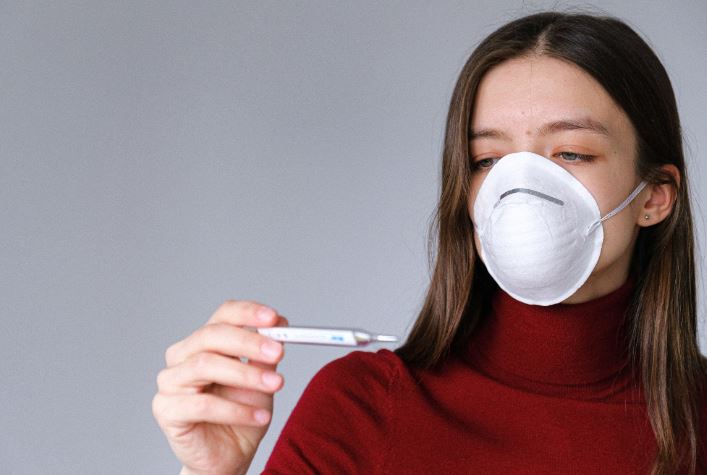
Oakland County Funds Rent, Mortgage And Utility Relief Program
Oakland County Funds Rent, Mortgage And Utility Relief Program For Residents Affected By COVID-19 Pandemic
Pontiac, Michigan – Oakland County residents who have fallen behind on their rent, mortgage or utility payments because of a lost job or other income reduction due to the COVID-19 pandemic may be eligible for a one-time grant of up to $15,000 per household.
County Executive David Coulter today introduced the Rent, Mortgage & Utility Relief Program for Citizens that will pay up to three months of past-due rent, housing or utility bills for low income Oakland County residents who have been unable to pay their bills because of an income hardship directly related to the pandemic.
“This pandemic has been devasting to our economy, our businesses and so many of our residents,” Coulter said. “This program will give some residents who have lost jobs or had their income severely reduced a chance to get back on their feet without having the added pressure of figuring out how to stay in their house, apartment or having their utilities shut off and still managing to keep their families – and themselves – safe.”
The county Board of Commissioners approved a $5 million allocation from the Coronavirus Aid, Relief, and Economic Security (CARES) Act last week to fund the program. An additional $3.1 million comes from the federal community development block grants.
Applications for the program can be found at www.oakgov.com/COVID and will be accepted beginning Wednesday through August 31. A second phase begins October 1 to November 30.
Residents of 53 Oakland County communities that participate in the county’s community development block grant program are eligible to apply. Residents of Farmington Hills, Royal Oak, Southfield and Waterford Township are not eligible as those communities receive funds directly from the U.S. Department of Housing and Urban Development. Lake Angelus, Novi Township, Southfield Township and Bingham Farms do not participate in the block grant program.
A complete list detailing the eligibility requirements for the grants is found at www.oakgov.com/covid. Applications can be picked up at Oakland County Community & Home Improvement, Oakland Pointe, Suite 1900, 250 Elizabeth Lake Road, Pontiac, Mich., 48341-0414 between 8:30 a.m. and 3:30 p.m.
Questions, applications and supporting documentation can be submitted by email to [email protected]. Residents can also request an application be mailed to them by calling 248-858-0730.
Coulter and the board have been aggressive in funding programs and services to help mitigate the economic effects of the pandemic to businesses, communities and residents, devoting nearly $100 million to the cause.
Allocations and services include:
- Nearly $14 million was allocated to 3,500 small businesses seriously impacted by the pandemic. Grants averaged nearly $4,000 from the small business stabilization fund.
- The “Saving Businesses, Saving Lives” grant, which incentivized Oakland County manufacturers to produce personal protective equipment for health care workers, hospitals and first responders, is included in the nearly $14 million fund.
- $10 million fund to support non-profit organizations.
- $35 million to assist Oakland County communities with costs related to COVID-19.
- 15,000 Oakland Together COVID-19 safety kits which include facemasks, no-touch thermometers, gloves and sanitizer were created to give small businesses essential materials for reopening and customers confidence they will have a safe experience. The kits are available to small businesses, faith-based and nonprofit organizations.
- $32 million to help retail stores, restaurants and personal service businesses such as salons and fitness centers that were impacted by the coronavirus pandemic.




